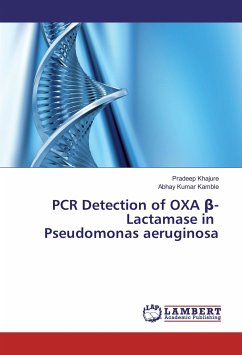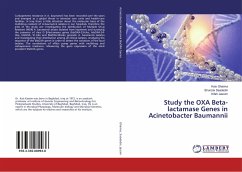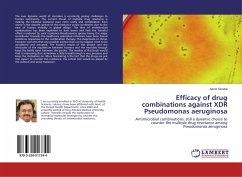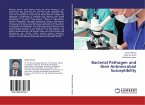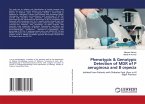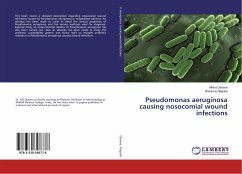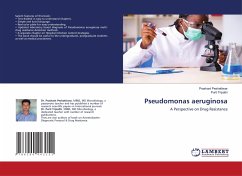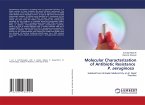The current problem of resistance to multiple antimicrobial agents (multidrug resistance) in many important human pathogens is the direct result of the misuse of antimicrobials over the past several decades. Indeed, the over reliance on antimicrobial agents continues to select for resistance in target bacteria, and to enrich for organisms that are innately resistant. Pseudomonas aeruginosa is an opportunistic pathogen that causes bacteremia in immunocompromised patients and burn victims, iatrogenic urinary tract infections, and hospital-acquired pneumonia, particularly in intensive-care settings. Infections are especially serious in incubated patients, with a reported mortality of up to 40 to 50%. A variety of mechanisms contribute to the virulence of this agent: expression of adhesions, production of biofilms, excretion of hydrolytic enzymes, and production of toxins that may be injected directly into host cells.

